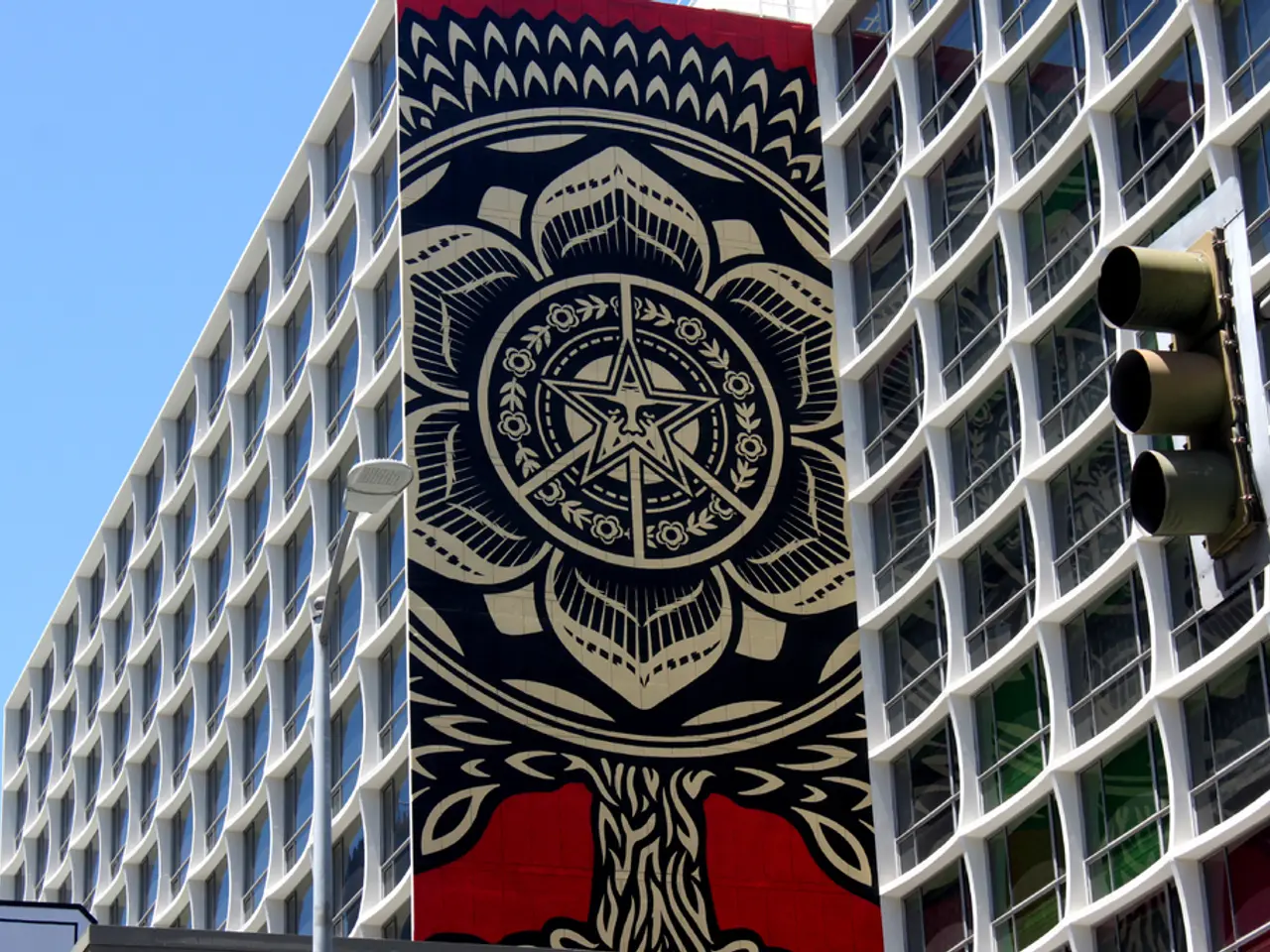Business magnate Catella's brick empire and the twists in his corporate journey.
Manfredi Catella, a renowned businessman and real estate investor, is currently under house arrest as part of a major 2025 investigation into systemic corruption in Milan's urban planning. The investigation, which has led to over 70 people being under scrutiny and several arrests, has revealed a deeply entrenched system of corruption affecting building permits and urban development policies in Milan[1][2][3][4].
At the heart of the case is Catella, who is accused of participating in a scheme involving corruption, favouritism, and undue influence between the municipality, architects, and construction companies. Other key players in the case include Tancredi, Marinoni, and others linked to construction and municipal authorities[1][2]. The charges span corruption, forgery, and illicit inducements connected to expediting or securing building permits[1][2][3][5].
The alleged corruption relies on the political, economic, and regulatory influence of the suspects. The Milanese judiciary accuses Catella of being an architect of a "business system" that allegedly transformed urban planning rules into a private lever of power and influence[1]. The investigation involves a network of opaque relationships, cross-appointments, and mutual favours, with concepts and regulatory tools such as the PGT (Territorial Government Plan) and the circulars of the SUE (Single Desk for Construction) alleged to have been altered to produce advantages for a few to the detriment of the community[1].
One of the most notable examples of this alleged corruption is the case of Scandurra, a member of the Commission for the Landscape, who is accused of being "corrupted" by Catella. Scandurra was co-opted as a designer of the Porta Romana Scalo Plan[1]. Catella's business system is also accused of relying on favouritism, conflicts of interest, and corruption of functions[1].
Catella has defended himself with an 18-page memorandum and intends to continue doing so. He has claimed that there are manifest errors, circumstances not responding to the truth, misunderstandings, and data devoid of foundation in the prosecutors' reconstructions[2]. He also intends to appeal to the Review Court in the precautionary phase and continue his defense in the merits phase[2].
Despite the charges, Catella is an established entrepreneur with a national and international scope. He holds a master's degree in Regional Planning and Real Estate from the Polytechnic of Turin and leads Coima, an investment platform in real estate. Coima manages a portfolio of over 10 billion euros and has become a privileged interlocutor of global sovereign funds[1][4].
The level of social danger of the suspects is considered high by GIP Mattia Fiorentini[1]. The impact on the community is significant, as such corruption undermines the fairness and transparency of urban planning, potentially leading to unregulated construction, poor urban decisions, and erosion of public trust in local government. This systemic corruption could distort Milan’s development priorities, prioritizing private interests over sustainable or community-focused urban growth[1][3]. The wide scale of the investigation signals a critical moment for Milan’s governance and planning institutions.
[1] La Repubblica, "Il processo Catella: le accuse e i difetti del procuratore", 30 March 2023 [2] Il Sole 24 Ore, "Manfredi Catella: le difese del businessman", 31 March 2023 [3] Il Fatto Quotidiano, "Corruzione in urbanistica: il processo Catella", 1 April 2023 [4] Il Corriere della Sera, "Il caso Catella: 70 under investigation", 2 April 2023 [5] ANSA, "Il processo Catella: i capi imputati", 3 April 2023
- The ongoing investigation into systemic corruption in Milan's urban planning has highlighted the allegations of Catella, a real-estate investor and businessman, being involved in a scheme that involves favors and undue influence within the city's municipal authorities, architects, and construction companies, which impacts investing in real-estate business.
- The average Milanese citizen is facing the potential consequences of a deeply entrenched system of corruption, as the investigation into urban planning reveals, which could disrupt sustainable urban growth by distorting development priorities, prioritizing private interests over the community, and eroding public trust in local government.




